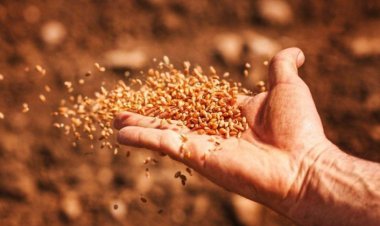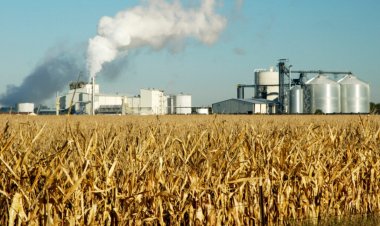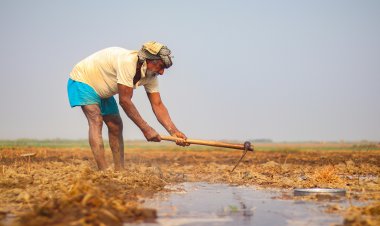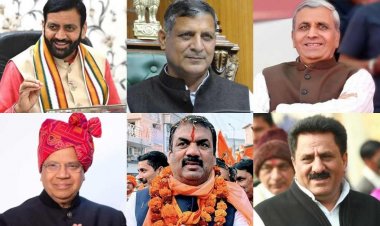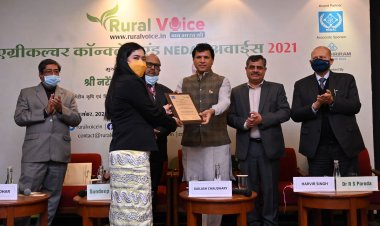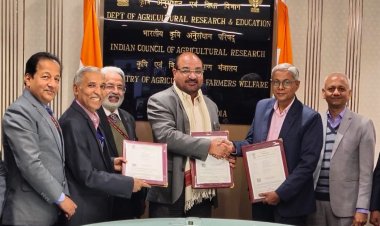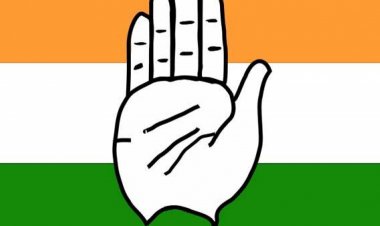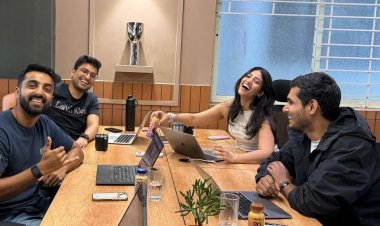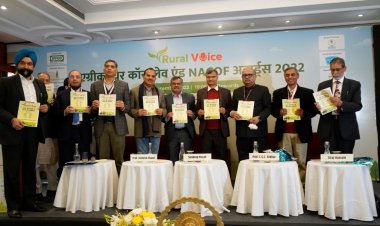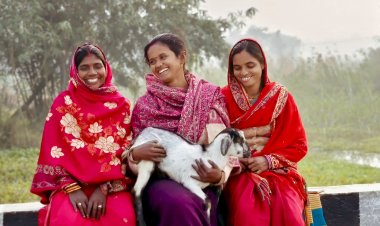A pan-India platform that aims to catalyze sustainable food system transformation in India by integrating the efforts of multiple actors and stakeholders was presented today for the first time at the Food Systems Dialogue India 2023. The India-Food Systems Transformation Hub (I-FSTH) is a joint effort of Food and Land Use Coalition India and Bharat Krishak Samaj.
Speaking about the I-FSTH, Dr KM Jayahari, FOLU India Country Coordinator, said, “This Hub is a convergence of knowledge and practices right from the field level to the national level to identify information and resource gaps and optimize investments.”
“This platform will enable multi-tier partnerships among all sectoral organisations as a single open source of information on Indian food systems. We also aim to have a database of journalists at the most granular level, including block level,” said Ajay Vir Jakhar, Chairman, Bharat Krishak Samaj. I-FSTH is due to be launched in 2024.
The FSD India 2023 saw a paper presentation by Prof. Ramesh Chand, Member, Niti Aayog on ‘Reimagining Agriculture as an Engine for Future Growth’. Along with several other key points in his talk, he highlighted, “There are various patterns of agricultural and non-agricultural growth in different states. We must learn from these available experiences of successes and failures to ‘reimagine’ agriculture towards future growth trajectory.”
A special session on cross-cutting themes of food systems took place with the following eminent speakers addressing topics such as gender inclusion in workforce, nutrition gaps, current agricultural practices, and financing: Sir David Nabarro, Strategic Director, 4SD Foundation; Dr Soumya Swaminathan, Chairperson, MS Swaminathan Research Foundation; Faiz Ahmed Kidwai, Additional Secretary, Ministry of Agriculture; and Kuldeep Chand, DGM, NABARD.
Jointly organised by Bharat Krishak Samaj and Food and Land Use Coalition India, FSD 2023 seeks to identify the policy scenarios with an enabling potential as well as the urgent accelerators and entry points for initiating a sustainable food system transformation. It will emphasize the precise short and long-term measures that need to be implemented for the transition. It will also look forward to delineating the scenarios and elements that may impede the transformation process.
The conference was inaugurated with a keynote address by Prof. Prabhu Pingali, Founding Director of Tata-Cornell Institute. In his keynote address, Prof Pingali highlighted that it is possible to achieve food security with a climate-resilient agriculture system. He added that through input-use efficiency; diversification of crop and livestock systems; and cross-sectoral energies, especially in renewable energy, synergies can be enhanced between food security and climate mitigation.
T Nanda Kumar set the context to the 2023 Dialogue by remarking: “With the global declarations that India has made, food systems transformation will happen - maybe not as a national effort but as a series of local efforts. The challenge for us will be to change our perceptions and choices keeping the aspirations of our people in mind. Change will happen at the intersection of farmers, people, and climate. The India-Food Systems Transformation Hub that we are planning will be instrumental in driving this change.”
Sir David Nabarro, Strategic Director of 4SD Foundation shared in his address: “Convergence has been the keyword at #COP28 related to #foodsystems discussions. To do this we need to function within the jurisdiction, especially at the landscape level. India has this structure in place. We should focus on leveraging this.”
Thematic sessions included ‘Unlocking Finance for Sustainable Food Systems Transformation’ organised by Shakti Foundation; ‘Inclusive Data Practices for Sustainable Future’ led by Digital Greens; and ‘The Impact of Changes in the Temperature on Water, Soil and Food Systems in India’ convened by MS Swaminathan Research Foundation.
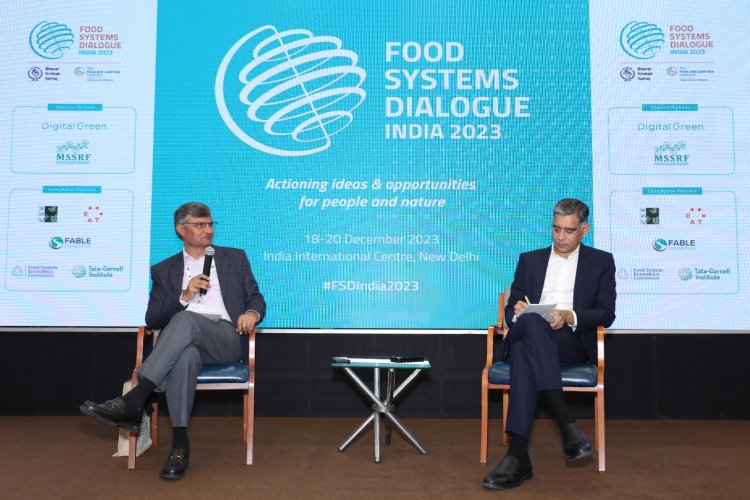



 Join the RuralVoice whatsapp group
Join the RuralVoice whatsapp group

















